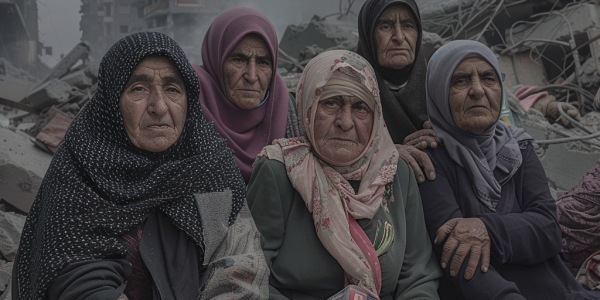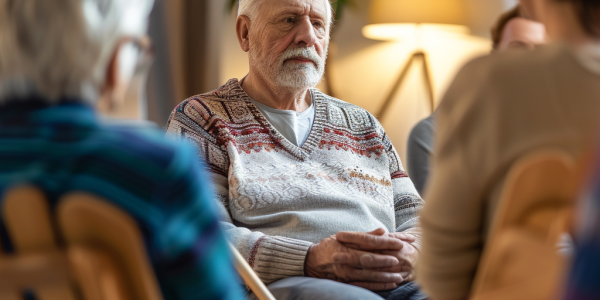Tetris Shown to Reduce PTSD Symptoms in Groundbreaking Study
A groundbreaking study from Uppsala University reveals that playing Tetris can significantly reduce PTSD symptoms. This innovative approach, tested on healthcare professionals during the COVID-19 pandemic, highlights the potential of video games as effective mental health treatments. The research indicates that even a single session can lead to lasting improvements, opening new avenues for accessible therapy for trauma-related disorders.
Study Links 2023 Turkey Earthquake to Surge in Women’s Menstrual Irregularities
A recent study published in Brain and Behavior reveals a sharp increase in menstrual irregularities among women in Turkey following the 2023 earthquake, rising from 14.3% to 44.8%. Researchers highlight the critical need for mental health support in disaster recovery, emphasizing the profound impact of trauma on women’s reproductive health. The findings underscore the importance of integrating mental health care into recovery plans to mitigate long-term health effects on survivors.
Emotional Awareness Therapy Shows Promise in Addressing Chronic Pain in Older Adults
New research suggests that emotional awareness and expression therapy (EAET) may be more effective in addressing chronic pain among older adults compared to cognitive behavioral therapy (CBT). A study conducted at UCLA found that older adults undergoing EAET experienced a 30% reduction in pain, with sustained relief six months post-treatment. EAET also showed benefits in addressing psychiatric conditions like anxiety, depression, and PTSD. This study underscores the importance of emotional therapy in managing chronic pain in older adults.
Link Between Traumatic Life Events and Alzheimer’s Risk
Recent studies suggest a potential link between traumatic life events and the risk of developing Alzheimer’s disease. Individuals who experienced stress at a young age may be more susceptible to Alzheimer’s later in life, as observed through higher levels of Alzheimer’s-associated proteins in spinal fluid samples. Despite ongoing research efforts, the exact cause of Alzheimer’s remains unclear, with genetic factors and protein production in the brain being common markers. Analyzing spinal fluid for these proteins could serve as an effective diagnostic tool, as shown in recent studies from Columbia University and Spain. The study published in the Annals of Neurology highlights the significance of stressful life events in contributing to Alzheimer’s development.
Oliver Hudson Opens Up About Impact of Goldie Hawn’s Lifestyle on His Childhood
Goldie Hawn’s son, Oliver Hudson, opens up about the impact of his mother’s lifestyle on his childhood, revealing feelings of ‘trauma’ and being ‘unprotected.’ He discusses the powerful impact of a course he took with the Hoffman Institute in breaking negative patterns learned in childhood. Oliver’s reflections offer insight into family dynamics and the lasting effects of childhood experiences, highlighting the power of self-awareness and forgiveness in shaping our understanding of parental influence.





